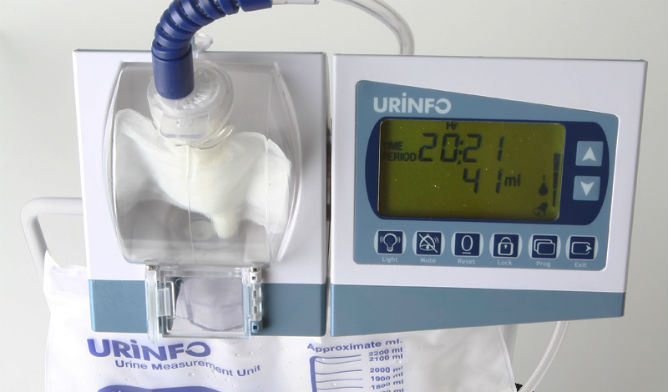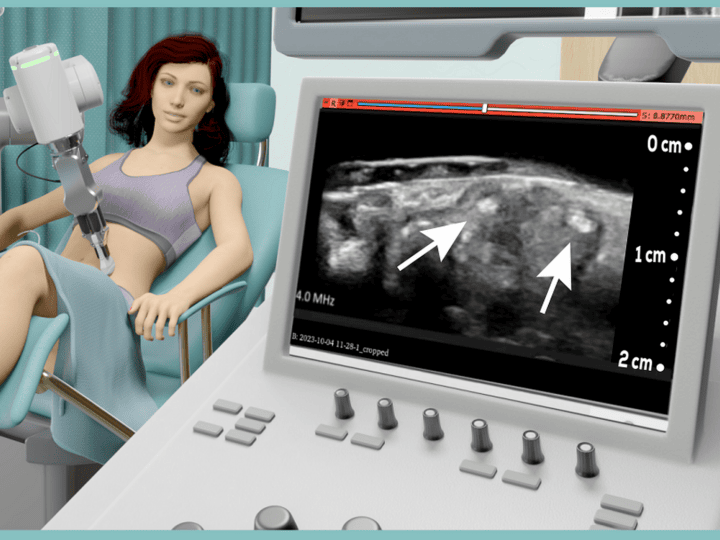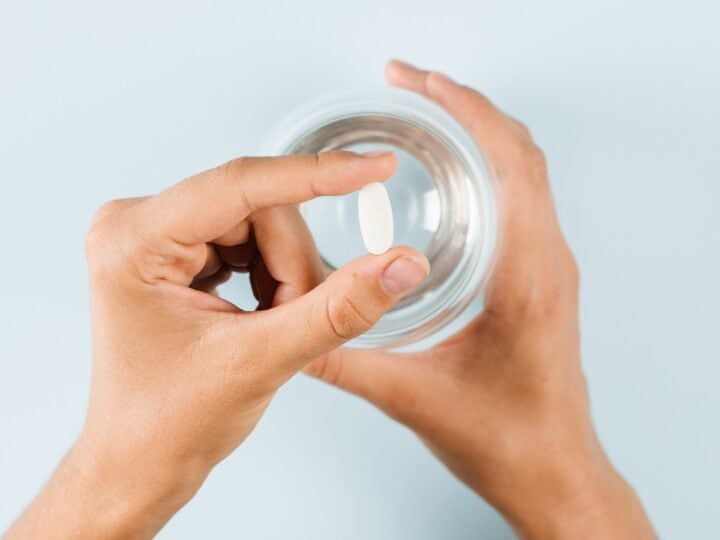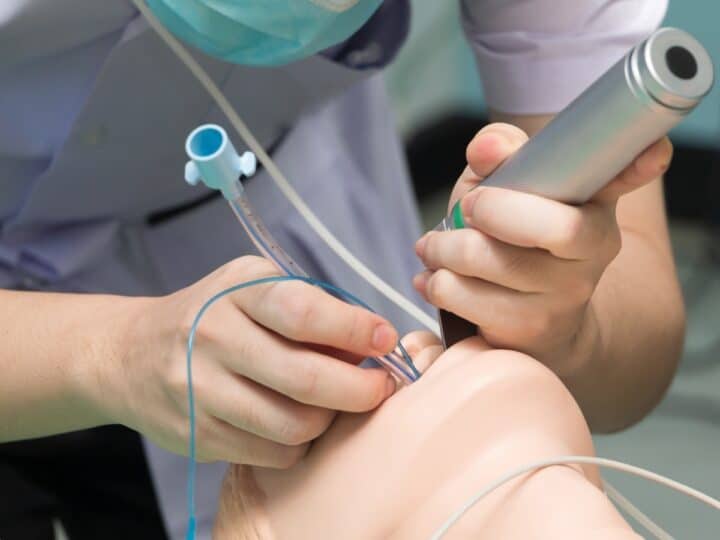In critical-care units, nurses monitor urine output hourly to help determine kidney function and detect possible damage from injury and illness.
But today’s tools for measuring urine output are primitive. Urine is collected in a container with a plastic bag and must be measured manually – the last of the vital signs still measured this way. The number can be rendered inaccurate just by holding the bag in the wrong spot.
Spread the Word
• Email this article to friends or colleagues
• Share this article on Facebook or Twitter
• Write about and link to this article on your blog
• Local relevancy? Send this article to your local press
A new medical device from Israel inspired by agricultural technology, already being used in Israeli hospitals, takes the guesswork out of urine monitoring and provides clearer and safer guidelines during surgery and after-care.
FlowSense was born from the expertise of an Israeli who specialized in water metering in crop irrigation. Its URINFO 2000 device, with patented optical flow sensing technology, electronically measures urine flow in real time. This way, the medical team can know exactly how much fluid is going in through the IV tube and out of the body through the bladder.
Since the device is digital, it can easily be connected to other real-time monitoring tools. URINFO 2000 is available as a stand-alone system at the patients’ bedside or integrated with clinical information systems. It has an optical drop reader and digital display monitor with memory and event alarms, plus a proprietary urine collection and measurement unit.
For URINFO
Urine output is a critical parameter in the medical team’s assessment of changing conditions during the course of treatment or during an operation. Normal urine output is somewhere between 30 and 400 ccs per hour.
“Any change might be indicative of a kidney injury – an acute kidney injury here and now,” says FlowSense CEO Robert Bash.
About 30 percent of all people admitted to critical-care units experience some level of kidney injury — a serious problem that results in higher hospital mortality rates and a huge burden on the healthcare system. FlowSense aims to detect the problem so that better and faster treatments can be given.
With URINFO, detecting changes in urine output is easy and fast, says Bash. A quick response means saving more lives and improving the quality of life. To healthcare providers, this means lower costs for treatment and fewer days in the ICU, with lower lab and pharmaceutical costs. This also means fewer patients potentially on dialysis machines.
Acute kidney injury results in a quick loss of kidney function, caused by low blood volume, exposure to toxic substances or an obstruction of the urinary tract. The condition can lead to a number of complications, some of which are fatal, and can affect other organs negatively.
Bash tells ISRAEL21c: “The truth of the matter is that there is no difference between [kidney injury] from a motorcycle accident or from heart surgery. It is important that there is an overall balance of fluid since a shock to the system, such as an accident or surgery, can put the system out of balance.”
Currently in use in major Israeli medical centers including Rambam in Haifa, Shaare Zedek in Jerusalem and Soroka in Beersheva, URINFO 2000 has passed regulatory clearance hurdles in Europe and in the United States. FlowSense is aggressively lining up sales channels to get it into hospitals overseas.
The next generation of the FlowSense URINFO meter, which attaches directly to the catheter inserted by the nursing staff, will be programmed to detect certain biomarkers in the urine that can help doctors make further real-time diagnoses with ease.
Founded in 2009 by the Trendlines Group of Israeli business incubators, FlowSense now has eight employees and has been publicly traded on the Tel Aviv Stock Exchange since 2010.
















